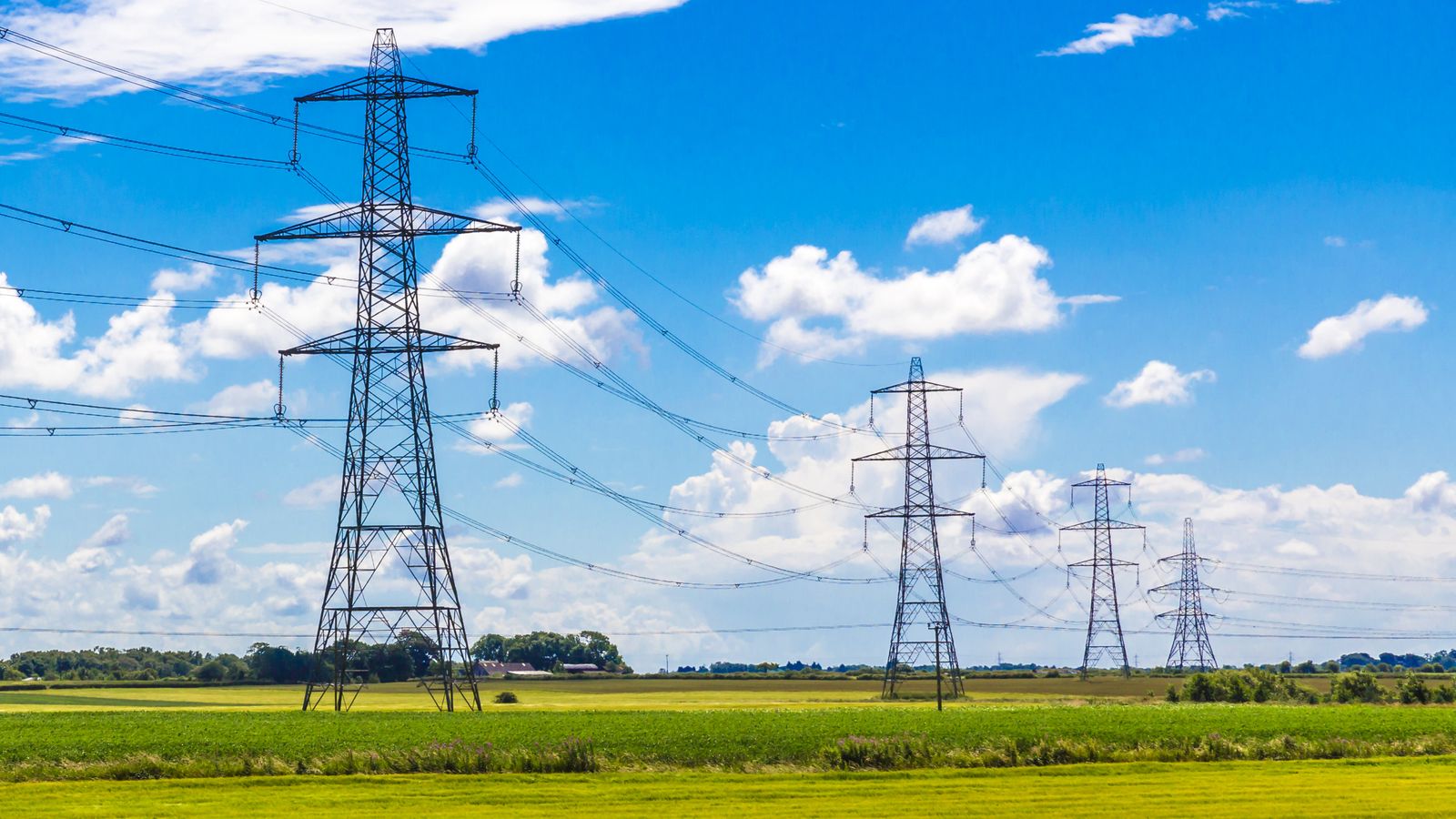The energy price cap is set to fall again resulting in cheaper electricity and gas bills, according to a closely-watched forecast.
Energy bills in the final three months of 2023 are projected to drop before increasing in 2024, according to research firm Cornwall Insight, as they expect strikes at Australian gas facilities will bring up gas prices.
Higher gas prices means higher electricity bills.
But consumers can expect cheaper bills from October as, according to the Cornwall forecast, energy regulator Ofgem will bring its price cap down to £1,823 for an annual average household bill.
At the moment, typical yearly energy bills cost £2,053.
The £230 expected fall in average bills comes in large part because Ofgem has said homes are using less energy and revised downwards what is categorises as average energy use.
If the average annual energy bill calculations were made using the old measure of average energy use consumers could expect annual bills of £1,925.
The regulator puts a cap on the amount energy providers can charge per unit of power. Those caps have continually come down as wholesale oil and gas prices have fallen.
Every quarter the cap is revised. The next official cap announcement will be made by Ofgem on 25 August and comes into effect on 1 October.
However, from 1 January next year Cornwall forecasts the price cap will rise to £1,979 for the average household bill.
Higher prices than current levels are expected to remain from April 2024 when average bills are anticipated to be £1,915 and from July bills are forecast to be £1,867 a year.
Every two years Ofgem reviews what average domestic energy consumption is and had concluded in June that residences in the UK are using less electricity and gas due to rising energy prices, energy-saving measures and weather.
The price cap itself has drawn criticism for its failure to protect consumers from high bills.
“We once again see energy price forecasts far above pre-crisis levels, underscoring the limitations of the price cap as a tool for supporting households with their energy bills,” said Dr Craig Lowrey the principal consultant at Cornwall Insight.
“As many, including energy regulator Ofgem have acknowledged, it is essential that the government explore alternative solutions, such as social tariffs, to ensure stability and affordability for consumers.”
The head of Ofgem, Jonathan Brearley added to critiques, telling The Guardian this week the price cap was “very broad and crude” and called on government ministers to rethink the measure.
